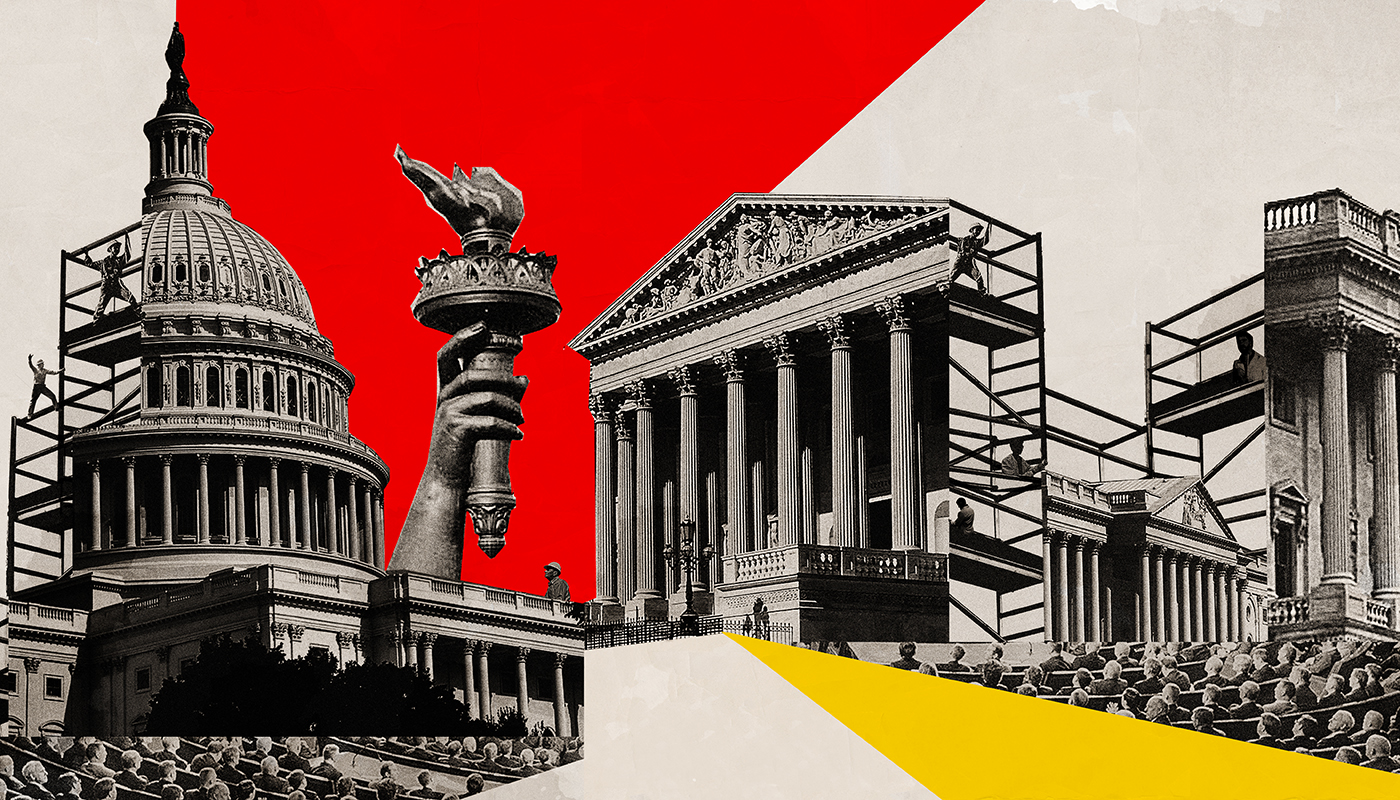Federal agencies and Congress need to act to make sure that the government’s response to Covid-19 is grounded in the best available science, no matter how politically fraught. Government experts must be also able to share their research and recommendations with the American public without fear of censorship or retaliation, and data the government collects about the disease must be accessible to the public.
Although President Trump is finally taking the pandemic seriously and largely following the advice of scientists, the numerous attacks on science and transparency that he and his administration have committed in the past weeks and months have undermined the country’s ability to respond to Covid-19.
Until the middle of March, the president erroneously downplayed the pandemic, spreading misinformation about the symptoms and severity of the disease at odds with scientists’ advice. White House staff overruled health officials’ recommendation that elderly and physically infirm people refrain from air travel. Although experts’ recommendations are evolving as they learn more about the disease, there was no scientific basis for the administration’s actions, and they appeared to be motivated by concern about the president’s reelection chances.
The president has made false claims about imminent cures and treatments that undermine the authority of health officials’ advice for reducing infection. For instance, he has asserted, without evidence, that a vaccine will be ready in three to four months, although health officials say the earliest that a vaccine could be available for public use would be 12 to 18 months. The president proposed lifting social distancing measures by Easter based on the advice of business associates, contrary to the counsel of health officials and despite epidemiological models predicting that this would kill millions Americans. He is now considering lifting restrictions “with a big bang” on May 1, reportedly motivated by a desire to appeal to swing voters, while health officials caution against such an approach due to the possibility of mass infection.
While the president spouts misinformation, the administration has restricted access to critical information about the disease. The CDC removed data from its website about the number of Americans who have been tested for and died of Covid-19. Additionally, government scientists have faced censorship. They have reportedly been instructed to treat meetings about the disease as classified, meaning they cannot share vital information about the disease with the American public. Vice President Mike Pence — whose disastrous response to an HIV outbreak when he was governor of Indiana contributed to the infection of more than 200 people — controls all communications from government experts about Covid-19, creating the potential for politics to be injected into science.
There have also been reports about retaliation against government experts. A whistleblower at the Department of Health and Human Services alleged that federal workers were not given protective gear and training when they assisted quarantined Americans evacuated from China. In an allegedly retaliatory move, the whistleblower was reassigned after reporting the issue to HHS officials. And in what can be seen as a threat of reprisal, the president retweeted a call to fire National Institute of Allergy and Infectious Diseases Director Anthony Fauci after Fauci stated publicly that the government could have done more to curtail the spread of Covid-19. (A White House spokesperson subsequently stated that the president did not intend to fire Fauci.)
Misinformation from political leaders, combined with suppression of information from government experts and retaliation against them, causes confusion and doubt about who and what to believe. Federal agencies can take immediate steps to reverse this trend, if agency leaders have the courage to implement them.
First, agencies should ensure that health experts can communicate with the public without fear of censorship or retaliation. CDC personnel should adhere to the agency’s manual for communication with the public during a health crisis and strengthen protections for scientists in the agency’s scientific integrity policy.
Second, the federal government must freely share all information related to the disease. At the most basic level, the CDC should ensure online access to information about how many people have been tested and how many have died of the disease. Congress should conduct oversight to make sure that the administration provides the public with accurate information and bases its own decisions on the best available science.
Over the long term, we need stronger legal safeguards to ensure that the federal government is equipped to respond to crises like the one we face now. The Brennan Center’s bipartisan National Task Force on Rule of Law & Democracy has crafted a series of legislative proposals that would accomplish this goal. They include legislation to prohibit executive branch officials from tampering with and suppressing research, as well as retaliating against experts. It would also safeguard public access to government research and data and ensure that federal policy reflects the input of experts.
Even before the Covid-19 crisis, the task force’s proposals had garnered support from scientific organizations and advocacy groups, and bipartisan momentum has been building in the House of Representatives for legislation to protect scientific integrity in government.
This administration’s disregard for science is exacerbating the crisis. With the stakes of politicized science in stark relief, Congress must pass comprehensive reforms to ensure that government scientists are able to keep Americans safe.


